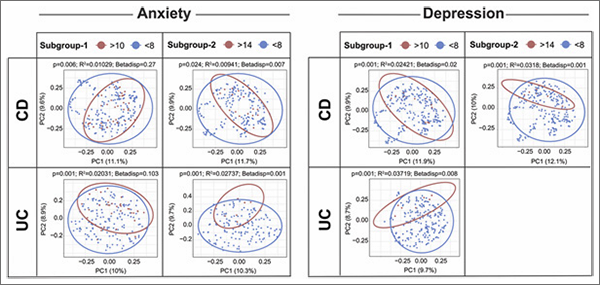Dr Hugh Marston (Eli Lilly and Company Ltd, Germany) explained that the PRISM project aims to develop a quantitative biological approach to the understanding and classification of neuropsychiatric diseases [1]. “Hopefully, this will lead to the revitalisation of the discovery and development of more effective treatments, as this has slowed down tremendously over the last decades. The weak link between clinical classification and biological causation is partly to blame,” Dr Marston said.
Represented in PRISM are 8 countries (i.e. Belgium, France, Germany, Italy, the Netherlands, Spain, Switzerland, and the United Kingdom), making it a truly pan-European collaboration. New technologies play a major role in the PRISM project, as smartphone behavioural monitoring, (epi-)genetics, and neuroimaging techniques allow for deep phenotyping a clinical cohort of schizophrenia and Alzheimer’s disease patients. The collected data will be combined with existing clinical data sets from major European and global disease cohorts, which also include patients with major depression.
“Ultimately, we strive to develop a set of quantifiable biological parameters from these data that allow to cluster and differentiate patients with schizophrenia, Alzheimer’s disease, and major depression who are, or are not, socially withdrawn,” Dr Marston explained. An example is the genome-wide association study of social withdrawal measure in 342,461 participants of the UK Biobank in which 604 genome-wide significant single nucleotide polymorphisms and 19 independent loci were identified [3].
Dr Marston pointed out that the consortium implemented a transdiagnostic clinical study that passed futility analyses as well as a parallel preclinical test battery to enable the back translation of findings from PRISM’s clinical study. “Discussions with EMA on initiating the regulatory path for a transdiagnostic digital biomarker have been very promising,” Dr Marston concluded [1].
- Marston HM. The PRISM project; the why, how, and what. PS.05.01. ECNP Congress 2020.
- Kas et al. Neurosci Biobehav Rev. 2019 Feb;97:3-9.
- Bralten J, et al. Genetic underpinnings of sociability in the UK Biobank. bioRxiv. 2019.
Posted on
Previous Article
« Smartphone can support personalised medicine in psychiatry Next Article
Microdosing psychedelics offers perspective but needs further evaluation »
« Smartphone can support personalised medicine in psychiatry Next Article
Microdosing psychedelics offers perspective but needs further evaluation »
Related Articles

November 26, 2021
Post-COVID-19 depression responds well to SSRIs
November 28, 2022
Zuranolone shows rapid-acting efficacy in postpartum depression
© 2024 Medicom Medical Publishers. All rights reserved. Terms and Conditions | Privacy Policy
HEAD OFFICE
Laarderhoogtweg 25
1101 EB Amsterdam
The Netherlands
T: +31 85 4012 560
E: publishers@medicom-publishers.com

